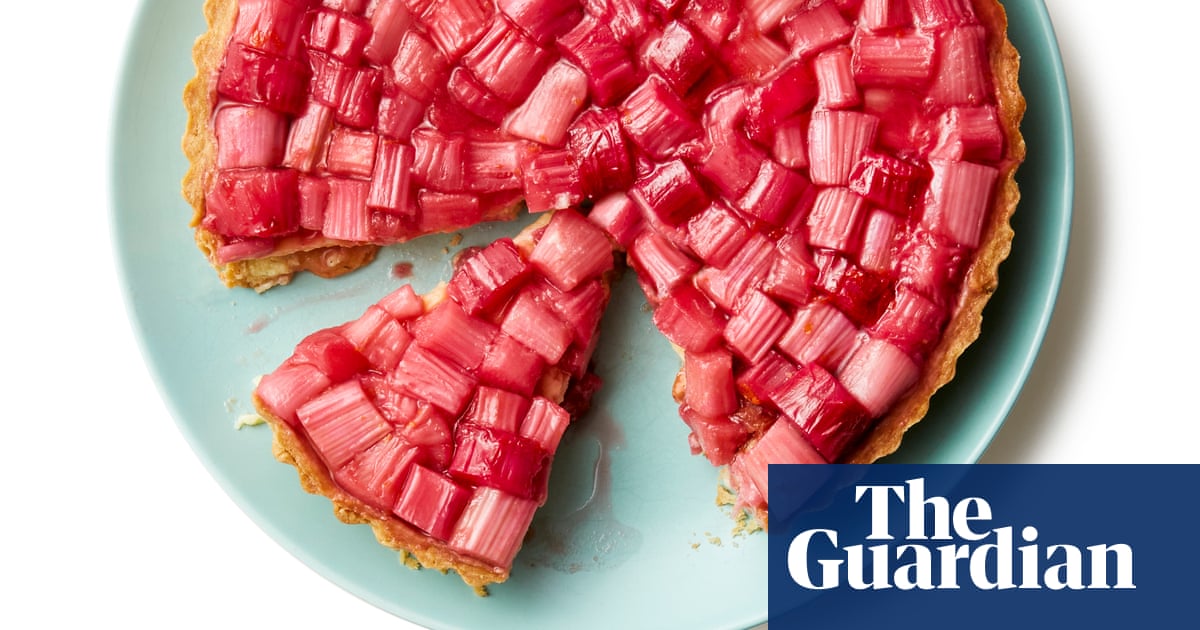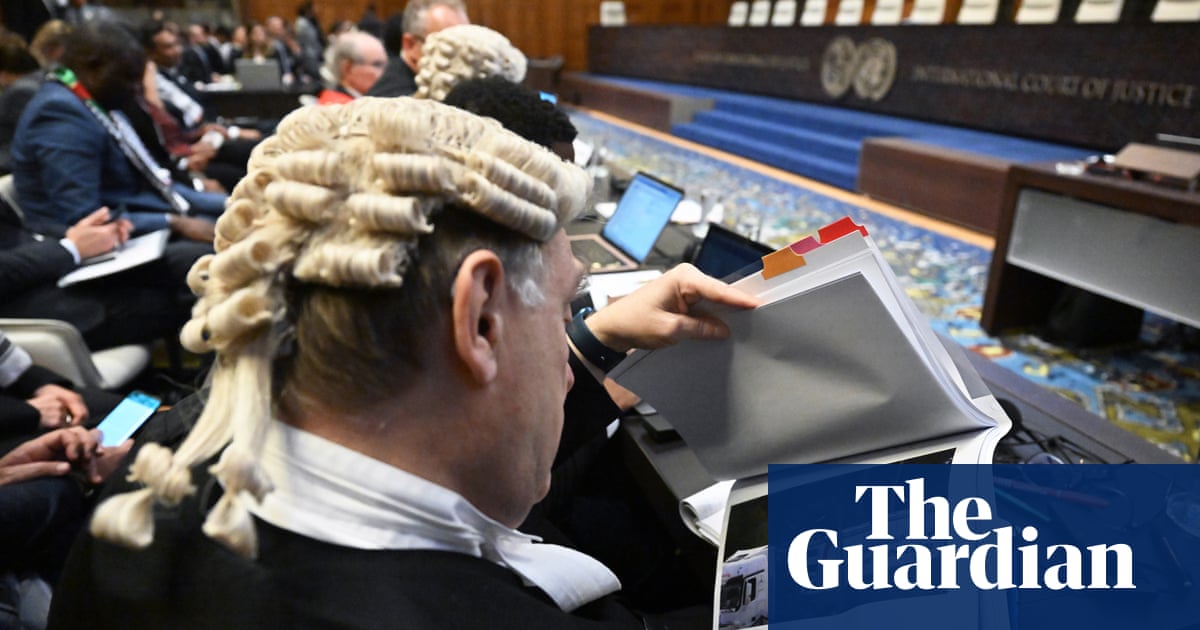
If a guest edit by the England and Manchester City footballer Raheem Sterling was intended to cut through the surfeit of Covid-flavoured items that make up the Today programme in 2021, then the news agenda had other ideas. With panicked updates on PCR test shortages and reduced isolation times dominating, it was 40 minutes into Sterling’s special episode before we encountered any of his contributions.
Once they had begun, however, it was clear what Sterling’s key themes would be: social mobility, his efforts to inspire the next generation with his charitable foundation, and the impressive feats of the England Euro 2020 squad in the face of appalling racism. From Jamaica – where the 27-year-old was born – we heard about his efforts to help young people out of deprivation. The report was light on detail, but demonstrated Sterling’s importance in the world beyond the UK. Presenter Amol Rajan then spoke to football coach Clive Ellington, an early mentor to Sterling, who highlighted the need to consider the mental health and wellbeing of children who are being primed for sporting success. During the first two hours of the programme, there was much talk of overcoming barriers in society, especially educational ones, but no deeper discussion about why these barriers exist.
The story of Sterling’s mother, Nadine, who was forced to take her children to work with her as a hotel cleaner once they had moved to the UK, and bought them breakfast from a vending machine with coins they found in the course of her work, was framed by the programme as something of a tough motivational tale rather than the stark indictment of British society that it is. Chair of the education select committee and Conservative MP Robert Halfon appeared briefly to talk about injustice, speaking too about white working-class children, but it would be good to have heard some more radical brainstorming about what it might take to bridge the entrenched divides in our society, which affect the working classes en masse.
It was in the third hour, however, that Sterling’s takeover began to feel like just that, not least when he and England manager Gareth Southgate discussed building a relationship with the fans, and the importance of incorporating the diverse backgrounds of the players into the team itself. Sterling spoke confidently on subjects that felt relevant both to high-end athletes and ordinary folk: building mental resilience; not wishing your life away on social media; avoiding overthinking or becoming mired in negative comments. Southgate, meanwhile, described how he revisited his painful penalty miss at Euro 96 to create a supportive environment for the team he manages.
A discussion about their love of football eased into a conversation about society at large, and the value of footballers having their own projects and interests off the pitch. Next, Nick Robinson’s interview with Usain Bolt was occasionally fawning, but once again underscored the links between Sterling and Jamaica, and the importance of sportspeople being allowed to engage with the world at large: “We are humans … why can’t we have an opinion?” asked the sprinter. “It’s unfair to know that somebody would look at sportspeople who work hard and are trying to give back and make the world a better place, and just put us in a box.”
We returned to Sterling for the last word, and he spoke impressively about trying meditation; his changing relationship with the media, which vilified him early in his career by focusing on his spending and partying (he felt, he said, as though he was “being targeted”); and how football had been “a lifesaver” for him. It would have been great to have heard more on this, crammed as it was into the final part of the programme. Indeed, it was only here that we learned that Sterling did not attend a mainstream school until the end of his primary education in year six – a detail that felt important considering the discussion of education that had run throughout the previous three hours. Sterling managed to overcome the challenges in his life, he said, by staying mentally and physically fit, but clearly there is much more to the story. We can only hope that Radio 4 will let him come back and tell the rest of it – hopefully before next Christmas.
Highlights of Raheem Sterling’s Today programme may be heard on the BBC Sounds app or at BBC.co.uk/sounds












